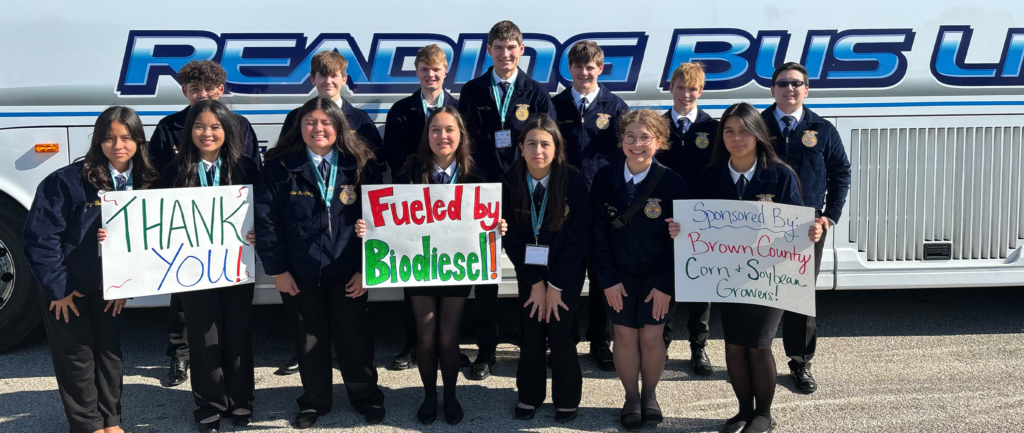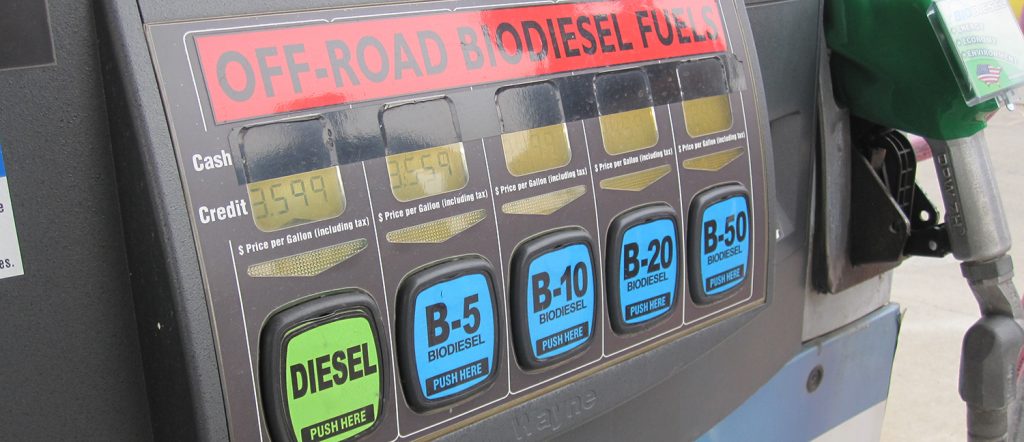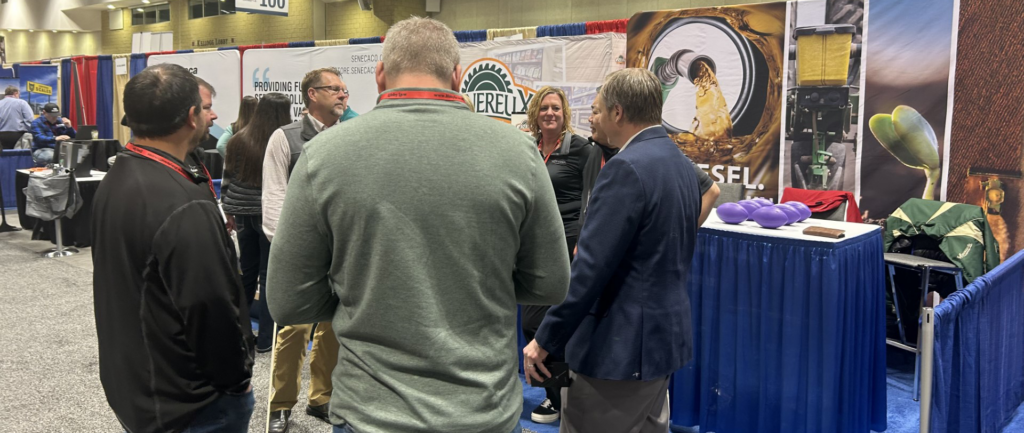As COVID-19 restrictions subside, the Minnesota Soybean Research & Promotion Council (MSR&PC) is picking up right where they left off by attending in-person events.
This week’s agenda brought MSR&PC down to St. Charles, Mo., to attend the National Biodiesel Board (NBB) Membership meeting.
“It’s nice to get everyone face to face to work through issues,” NBB CEO Donnell Rehagen said during his introduction.
The two-day conference brought a variety of topics highlighting current industry issues, political priorities and market updates.
The first day spent time focused on the feedstock market discussing soybean oil trends, soybean meal trends and in general, the recent commodity price increases. An upside of the commodity increases has caused a focus on new technologies.
Following the presentation on feedstock market updates was a panel of start-up companies that focused on impacting productivity and future feedstock supplies. Each panelist had a unique technology which topics included pollen reproduction, cover crops and soybean genetics.
To conclude the day, the National Biodiesel Political Action Committee (NBPAC) discussed recent developments in Washington DC related to policy topics important to the biodiesel industry, from extension of the biodiesel tax credit to the next round of Renewable Volume Obligations for the Renewable Fuels program to COVID relieve to biodiesel producers who were seriously affected by the pandemic, continued issues with proposed small refinery exemptions, to who will continue to be our biodiesel campions in Congress.
Day 2
The next morning’s agenda included a presentation on the Trinity Study (hyperlink). The study quantified the environmental health benefits at the neighborhood level of switching to B100 in the transportation and home sector. To quantify the data even more, it was found that switching to B100 would:
- Prevent 340 deaths
- 46000 fewer sick days
- Avoid $3 billion in health costs
- 45% reduction in cancer ricks
- 203,000 fewer asthma attacks
The importance of the study assisted in the efforts of better quantifying the benefits of biodiesel (B100) to governmental at the local, State and National officials.
“These data points are extremely critical,” Rehagen said.
Next on the docket was the state panel which featured NBB staff, key consultants and colleagues who discussed the latest in carbon reduction efforts, blending requirements and other developments affecting biodiesel and renewable diesel across the different states.
It was highlighted that there are more mid-level blends in the marketplace, a rapid movement toward higher blends and low carbon policies; however, it was clear that each state and region faces their own set of unique challenges regarding biodiesel.
Other items on the agenda included a federal affairs update discussing the new opportunities and challenges for the biodiesel industry under the Biden administration, an update on the work NBB is doing on behalf of its soybean members, a market opportunities and technical update and a communications update discussing new plans and strategies targeting a larger audience.
“Overall, it was a great meeting, and it was nice to see everyone get back together to make those connections we were lacking,” say Mike Youngerberg, MSR&PC senior director of product development & commercialization. “It can definitely be seen we were still able to make headway even if we weren’t able to meet in person for a while. However, now that we can, we are ready to come back stronger than before.”






